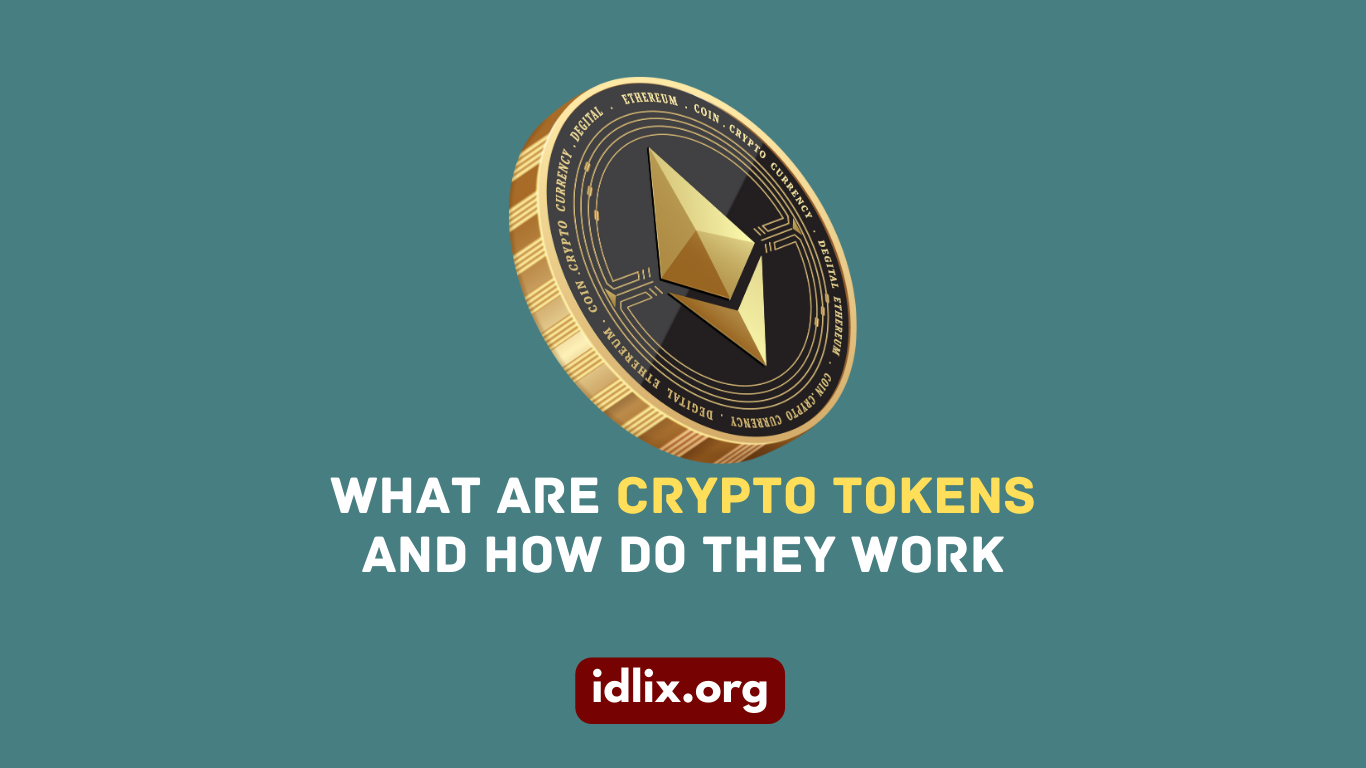idlix.org - You may have come across the terms "crypto tokens." But what exactly are they, and how do they work?
What are crypto tokens
In simple terms, a crypto token is a digital asset that is created and managed on a blockchain. It is a representation of an asset or utility, and it can be used as a form of payment, a means of exchange, or a store of value. Crypto tokens are often created through an initial coin offering (ICO), which is a fundraising mechanism for new cryptocurrencies.
How do crypto tokens work
Crypto tokens work by using blockchain technology, which is a decentralized ledger that records all transactions. When someone buys a crypto token, they are essentially buying a piece of the underlying asset or utility that the token represents. For example, a crypto token might represent a share in a company, a commodity like gold, or a utility like access to a particular network or service.
Crypto tokens are stored in digital wallets, which are encrypted and secured using private keys. Transactions are recorded on the blockchain, which means they are transparent and immutable. This makes it difficult for anyone to tamper with the data or steal the tokens.
Types of crypto tokens
There are many different types of crypto tokens, each with their own unique characteristics and use cases. Some of the most common typesinclude:
1. Security Tokens
These tokens represent ownership in a traditional asset, such as stocks, bonds, or real estate. Security tokens are subject to securities laws and regulations, which means they must comply with strict reporting standards and disclosure requirements.
2. Utility Tokens
These tokens are used to access a particular product or service, such as a software platform or network. Utility tokens are not considered securities, but they do have value and can be traded on cryptocurrency exchanges.
3. Payment Tokens
These tokens are used as a form of payment, similar to traditional currencies like the US dollar or the Euro. Payment tokens are often used in peer-to-peer transactions or online marketplaces.
4. Governance Tokens
These tokens give holders the right to vote on decisions related to a particular project or network. Governance tokens are often used in decentralized autonomous organizations (DAOs), which are community-driven organizations that operate on a blockchain.
Advantages of crypto tokens
There are several advantages to using crypto tokens, including:
1. Decentralization
Crypto tokens are decentralized, which means they are not controlled by any central authority or government. This makes them more resistant to censorship, fraud, and corruption.
2. Transparency
Transactions on the blockchain are transparent and immutable, which means they can be easily audited and verified.
3. Security
Crypto tokens are secured using encryption and private keys, which makes them difficult to hack or steal.
4. Lower transaction fees
Transactions on the blockchain can be processed quickly and ata lower cost than traditional payment methods. This makes crypto tokens an attractive option for cross-border transactions or micropayments.
5. Programmability
Crypto tokens can be programmed with smart contracts, which are self-executing agreements that automatically enforce the terms of a contract. This can be useful for a variety of applications, such as automated supply chain management or decentralized finance (DeFi) protocols.
Challenges of crypto tokens
While there are many benefits to using crypto tokens, there are also some challenges and risks to consider. These include:
1. Volatility
The value of crypto tokens can be highly volatile, which means they can experience rapid price fluctuations. This can make them a risky investment for some people.
2. Regulatory uncertainty
The regulatory landscape for crypto tokens is still evolving, which means there is a degree of uncertainty around how they will be treated by governments and financial institutions.
3. Security risks
While crypto tokens are secured using encryption and private keys, they are still vulnerable to hacks and theft. This can result in the loss of funds for users.
4. Lack of adoption
Despite the growth of the crypto industry, adoption of crypto tokens is still relatively low compared to traditional payment methods. This can make it difficult to use crypto tokens for everyday transactions.
Crypto tokens are a unique and innovative form of digital asset that are created and managed on a blockchain. They can be used for a variety of purposes, including as a means of payment, a store ofvalue, and a way to access products and services. While there are benefits to using crypto tokens, such as decentralization, transparency, and lower transaction fees, there are also challenges and risks to consider, such as volatility, regulatory uncertainty, security risks, and lack of adoption.
The use of crypto tokens is a growing trend in the cryptocurrency industry, and it is likely that we will see more innovation and development in this space in the coming years. As with any investment, it is important to do your research and understand the risks before investing in crypto tokens. However, for those who are willing to take the risk, crypto tokens can offer a new and exciting way to invest and participate in the digital economy.
